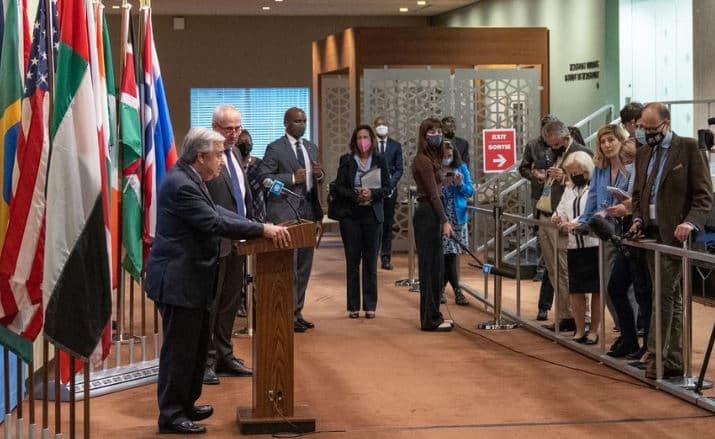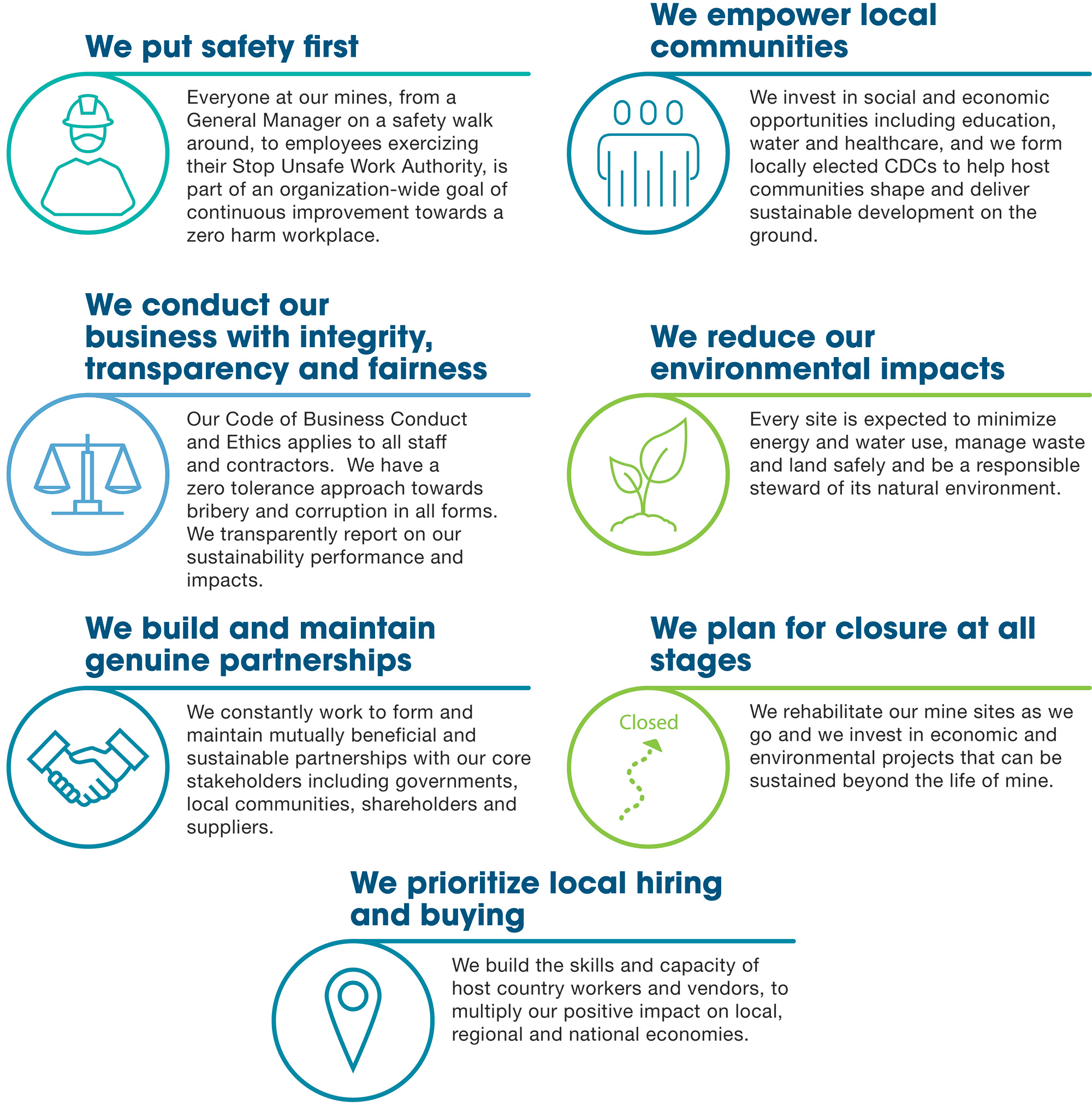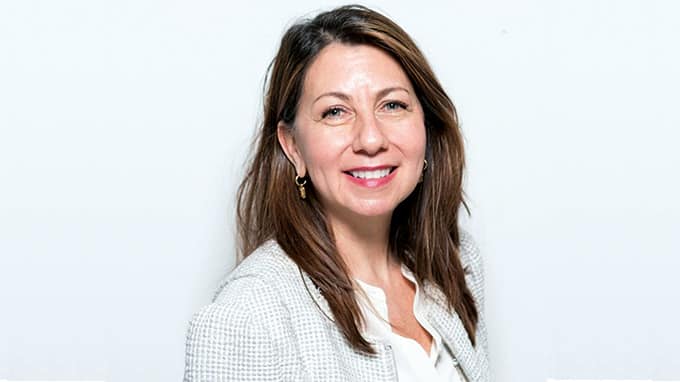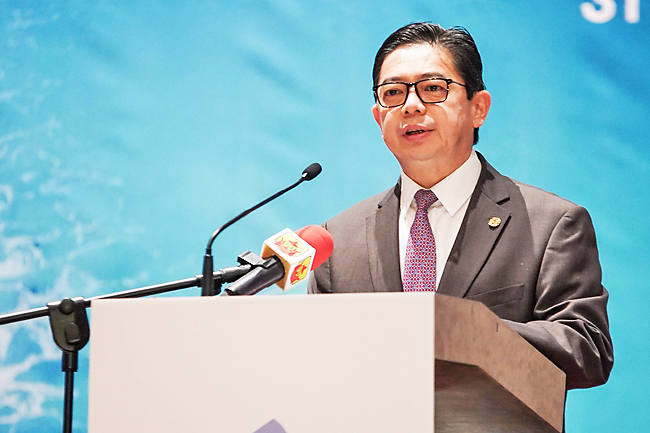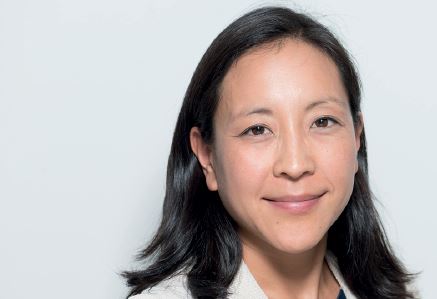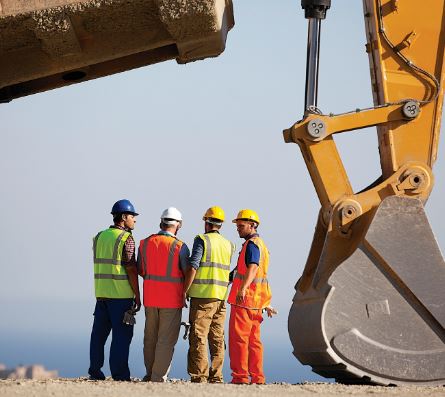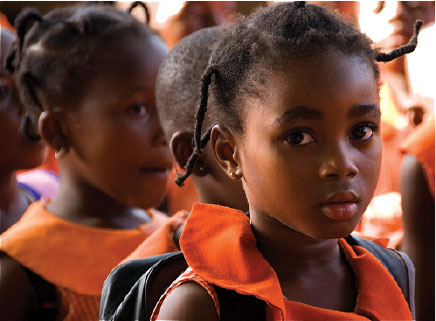[vc_row][vc_column width=”1/2″][vc_column_text]
Dem. Rep. of the Congo
Located in central Africa, the Democratic Republic of Congo has been bequeathed with substantial wealth of natural resources and still the economy continues to perform poorly. Political instability, war and corruption has marred the growth of the once thriving mining and agricultural sector, leaving the country with one of the lowest GDP per capita and HDI. The Congo is also one of the least developed countries in the world. Intermittent conflicts during the early 90s have taken a toll on the government's revenue with a dramatic fall in national output and increased external debt. This, along with lack of infrastructure and a tough business environment has resulted in the foreign businesses curtailing operations. It has also increased poverty and hunger in the country and with that hunting of rare wildlife has increased. By 2015, the country had failed to meet any Millennium Development Goals (MDG). Human right abuses have also ruined economic activity. The country has an unemployment rate of 7%. Since the withdrawal of invading foreign troops, conditions have improved with both IMF and World Bank missions helping the government in developing a rational economic plan. Significant economic activity occurs in the informal sector which is not reflected in GDP data. The country's economy relies heavily on mining. It is not only the world's largest producer of cobalt ore, but also a major producer of industrial diamonds and copper. Copper is the primary product for export, the prices of which fell drastically in 2015, which in turn reduced both governmental revenue, expenditure and foreign reserves. In mid-2017 inflation touched nearly 50% which was the highest since the early 2000s. The country has been defined as the "Saudi Arabia of the electric vehicle age" for its vast cobalt resources. Construction of rail and road has been hindered due to the difficult terrain and climate of the Congo Basin.
[/vc_column_text][vc_column_text] Its population in 2018 was 84,004,989 [1]
Its population in 2018 was 84,004,989 [1]
 In 2015, 95.82% of its total energy
In 2015, 95.82% of its total energy
consumption was renewable [2]
 In 2021, its GDP grew by 5.71% [2]
In 2021, its GDP grew by 5.71% [2]
 In 2021 it had a negative Current
In 2021 it had a negative Current
Account Balance of US$bn 0.59 [3]
 Its Expenditure on R&D (as a percentage of
Its Expenditure on R&D (as a percentage of
GDP) in 2015 was 0.41% [2]
What free trade areas or economic unions is it a member of?
None
[/vc_column_text][vc_column_text]What trade deals are there with other countries and economic unions?
Common Market for Eastern and Southern Africa (from 08/12/1994)
[/vc_column_text][/vc_column][vc_column width=”1/2″][vc_column_text]UN Chief: Countries Bound for COP27 Must Make Climate Action ‘The Top Global Priority’
Barrick Gold Corporation: The Gold Standard in Sustainability – Bringing Socio-Economic Benefits to Host Countries and Communities
Q&A with the Executive Secretary of the UNCDF: Judith Karl
Annual Investment Meeting 2019 to Host Strategic Sessions to Draw Foreign Direct Investments
UNCDF: Bringing New Parties to the Table – Engaging the Private Sector to Drive Investment into Least Developed Countries
World Bank Group: Ask Citizens Where Public Money Should Go – The Surprising Results
Partnering to Support Uganda’s Roads PPP Program
Africa Awakening: A Continent on the Rise
World Bank Group: Can Resource-Financed Infrastructure Fix the Natural Resource Curse?
World Bank Group: “Customer is King” – Toward More Effective Development?
Trade with the United Kingdom
Source: UK Office for National Statistics, October 2022.
Contains public sector information licensed under the Open Government Licence v3.0.















































































